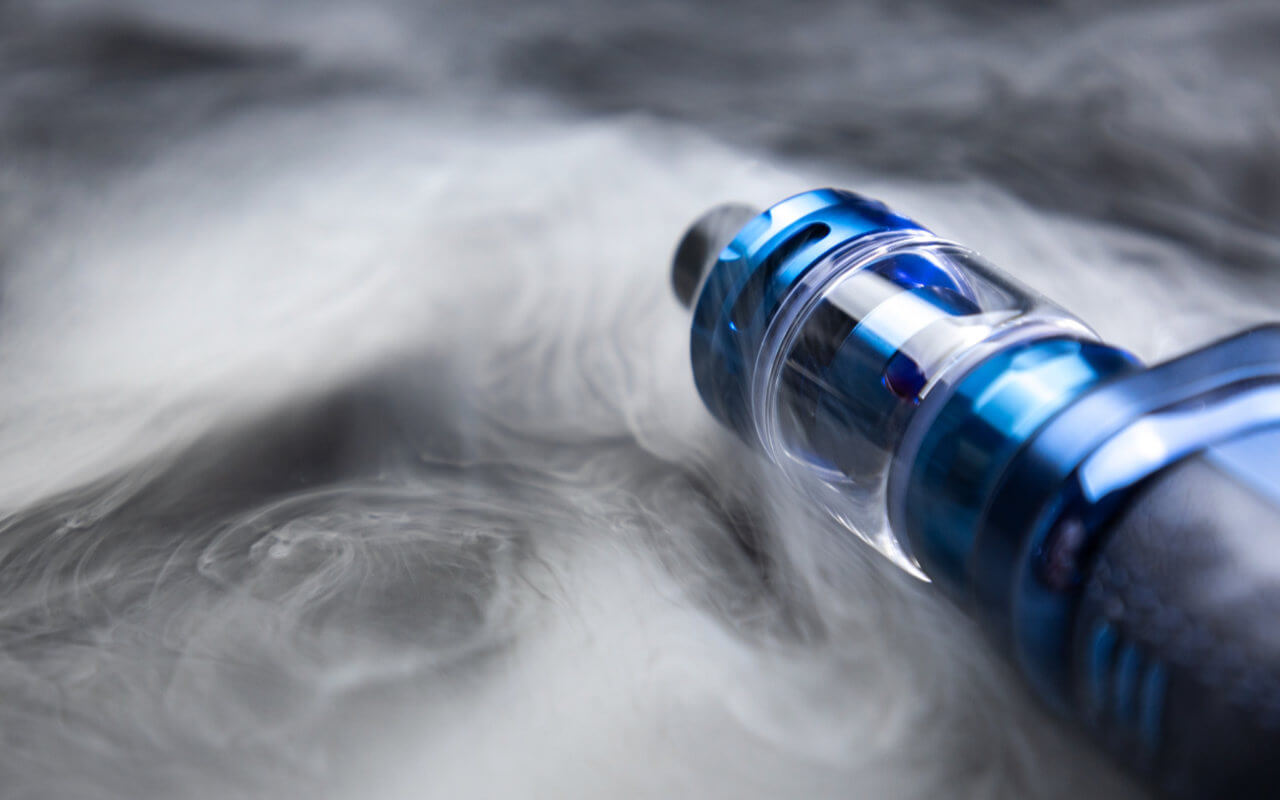As the popularity of vaping and other e-cigarette products continues to rise, the UK government is considering what can be done to regulate this relatively new product. Robert Botkai explains the current legislation around vaping products as we anticipate more regulation in the coming months.
There are several pieces of legislation that need to be considered. What is striking about them is that they do not all use the same definitions. That is partly a function of when each was passed and partly what each was trying to achieve. As is often the case, the development of products is perhaps outpacing regulation.
With the holiday season upon us it worth noting that vaping is banned in at least 40 countries with penalties ranging from fines to jail time. If you vape, it is worth checking the local laws before you travel.
This article is limited to the restrictions applying in England and Wales.
What is a nicotine inhaling product?
Nicotine inhaling products, commonly referred to as electronic or e-cigarettes or vapes, are devices that do not contain any tobacco, but allow the inhalation of nicotine in a similar process to smoking, known as vaping.
Restrictions do apply to e-cigarettes to ensure that:
- there are minimum standards for the safety and quality of all e-cigarettes and refill containers;
- information is provided to consumers so that they can make informed choices;
- there is an environment that protects children from starting to use these products;
- e-cigarette tanks have a capacity of no more than 2ml;
- the maximum volume of nicotine-containing e-liquid for sale in one refill container is 10ml;
- liquids have a nicotine strength of no more than 20mg/ml;
- nicotine-containing products or their packaging are child-resistant and tamper evident;
- certain ingredients including colourings, caffeine and taurine are banned;
- products include new labelling requirements and warnings; and
- e-cigarettes and e-liquids are notified and published by the MHRA before they can be sold.
Age restrictions on vape products
It is an offence to sell nicotine inhaling products to someone under 18 years, with a maximum penalty of £2,500. Trading standards officers can also issue cautions, penalty notices or warnings.
The offence is one of strict liability, so a court is likely to find that the sale must be regarded as having been made by the shop owner regardless of whether the sale was made by an employee and, therefore, he or she was liable as though they had made the sale personally.
It is a defence for the person charged to prove on a balance of probabilities that to avoid the committing of the offence:
- They took all reasonable precautions.
- They exercised all reasonable due diligence.
The issue of reasonable precautions is a question of fact to be decided by the magistrates.
Nicotine can also be absorbed through other products sold in chemists, such as gums, patches and tablets. These products are generally marketed at individuals who want to stop smoking rather than for recreational use. They are not subject to the same restrictive legislation.
Proxy sales of vape products
It is an offence for a person to buy or attempt to buy nicotine inhaling products for a person under 18 years. This is often called a proxy sale. A person found guilty of a proxy offence may be sentenced to a fine of up to £2,500.
There is a defence available to a charge of proxy sales that the defendant had no reason to suspect that the person was aged under 18 years.
This is a difficult law to enforce. Trading Standards Officers have the power to issue fixed penalty notices to members of the public. However, they have no powers to investigate, enter premises, detain or question someone suspected of facilitating a proxy sale.
Advertising & Display restrictions for vape products
Unlike the very strict regulations on the display of tobacco products there are no measures to regulate the display of nicotine inhaling products. Products such as vapes with colourful packaging are openly displayed in large and small shops.
Vapes and refill containers cannot be advertised or promoted, directly or indirectly on TV or on-demand TV, radio, online, via email, or in printed media. Sponsorship of television and radio programmes and product placement is also prohibited.
The rules on advertising do not prevent the supply of information about vapes and refill containers as long as it is supplied at the request of a consumer and given in a non-promotional manner.
Vaping advertisements cannot target young people or make misleading claims about the benefits of vaping compared to smoking.
Potential changes to the UK law on vaping
The UK government’s stance to date has been that vaping is a means to stop smoking. This may change and while an outright ban seems unlikely, we can expect increased restriction on the display of products and perhaps further restrictions aimed at combatting what some are calling an epidemic in child vaping.
Watch this space!
This article originally appeared in Petrol Heads Up.



